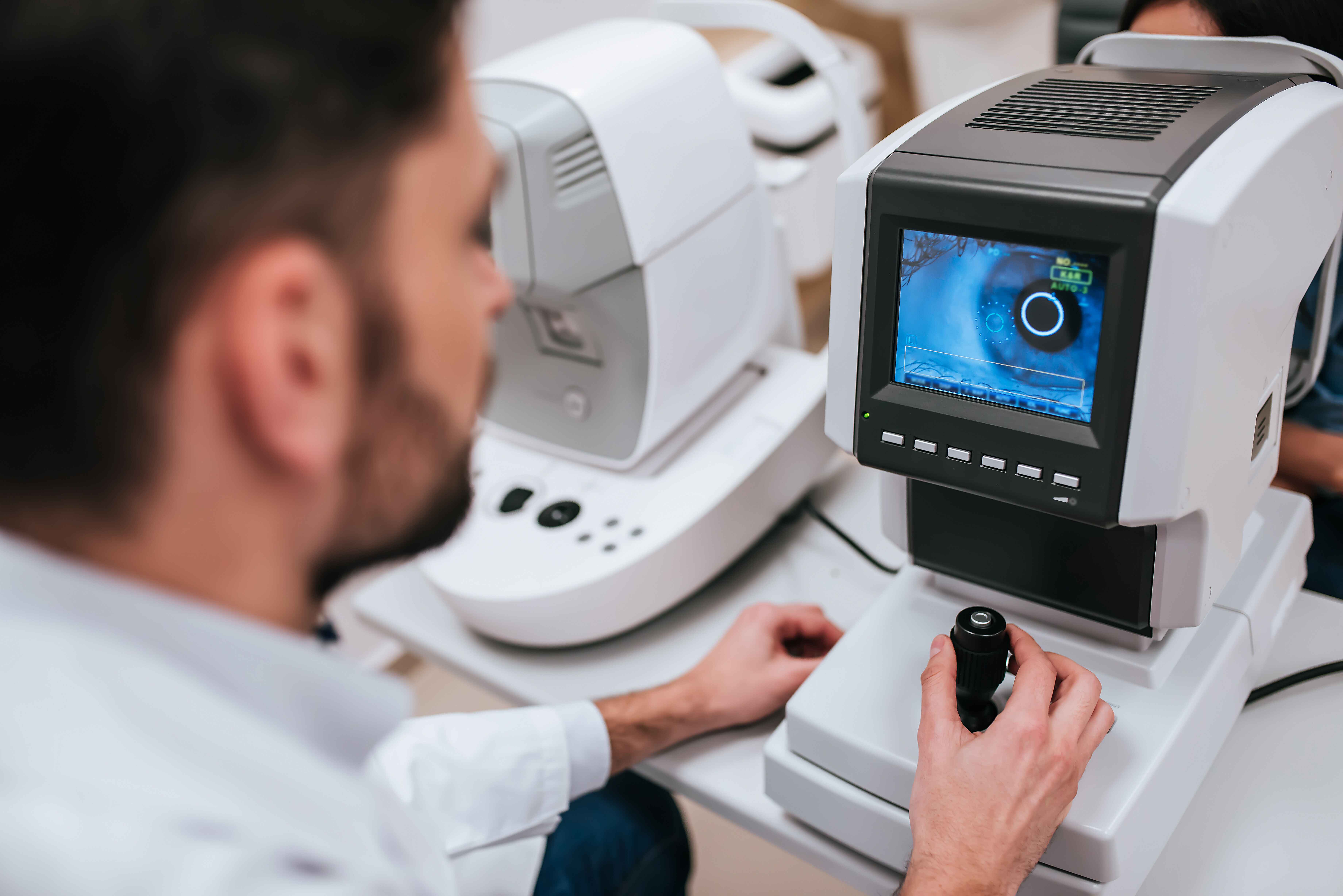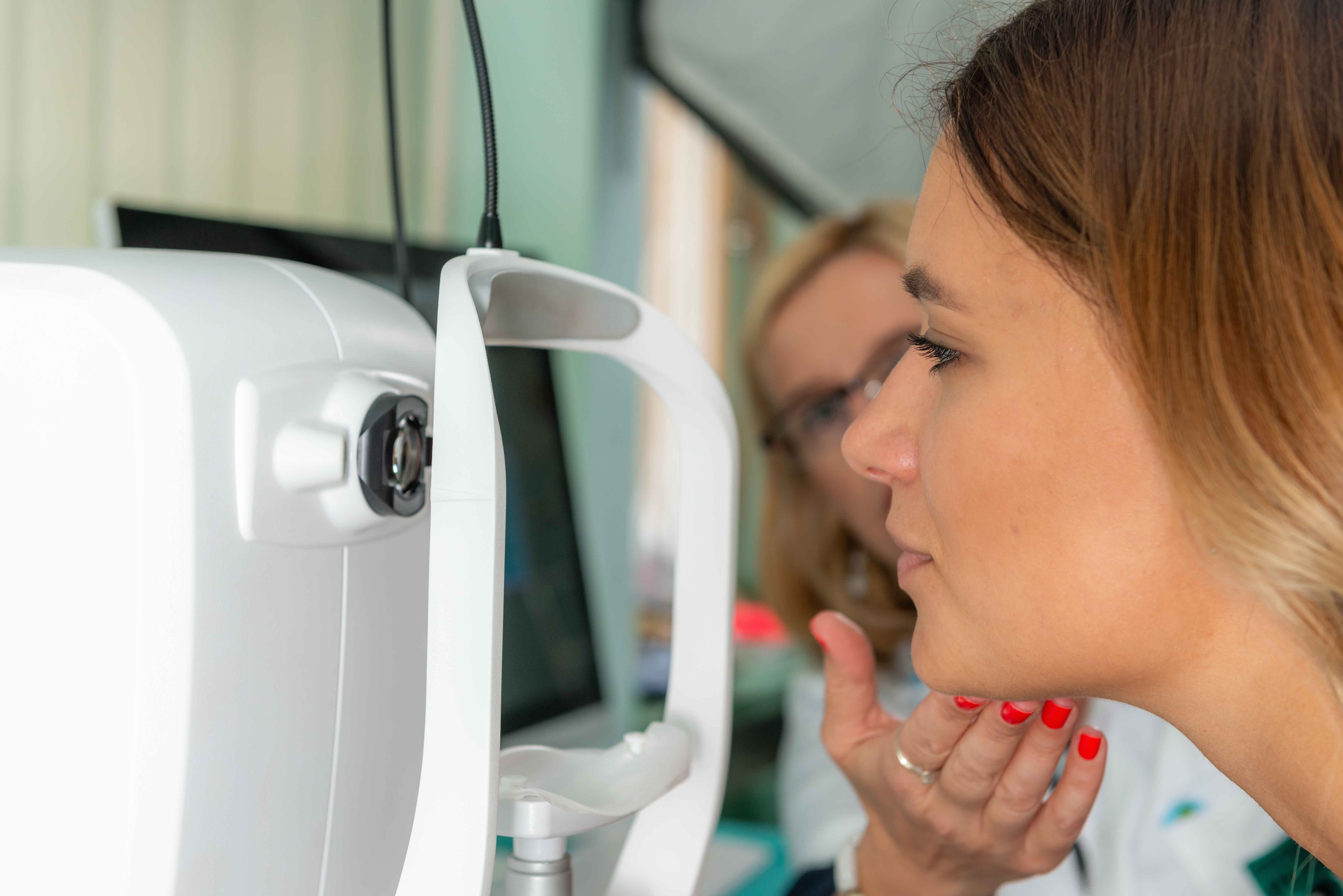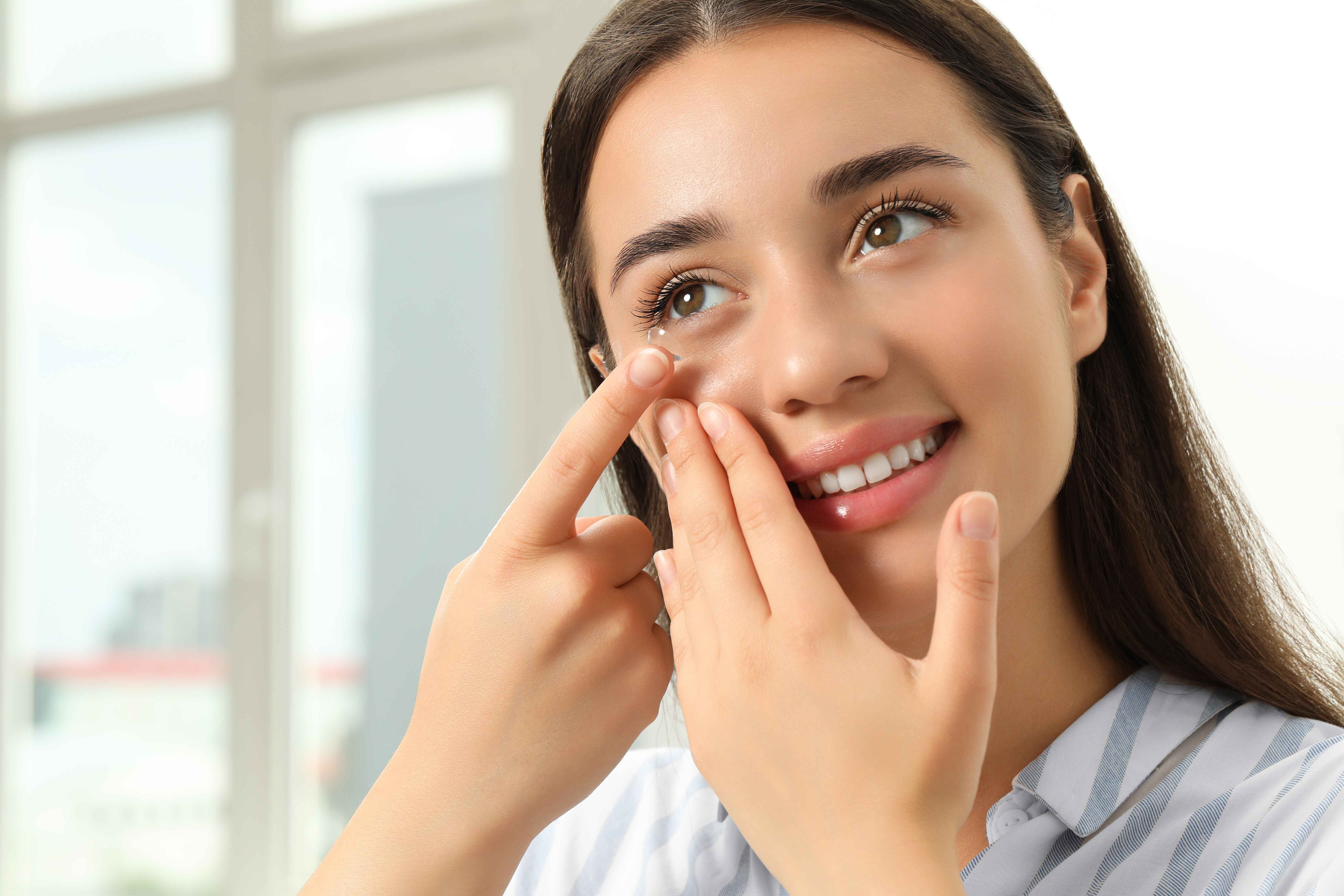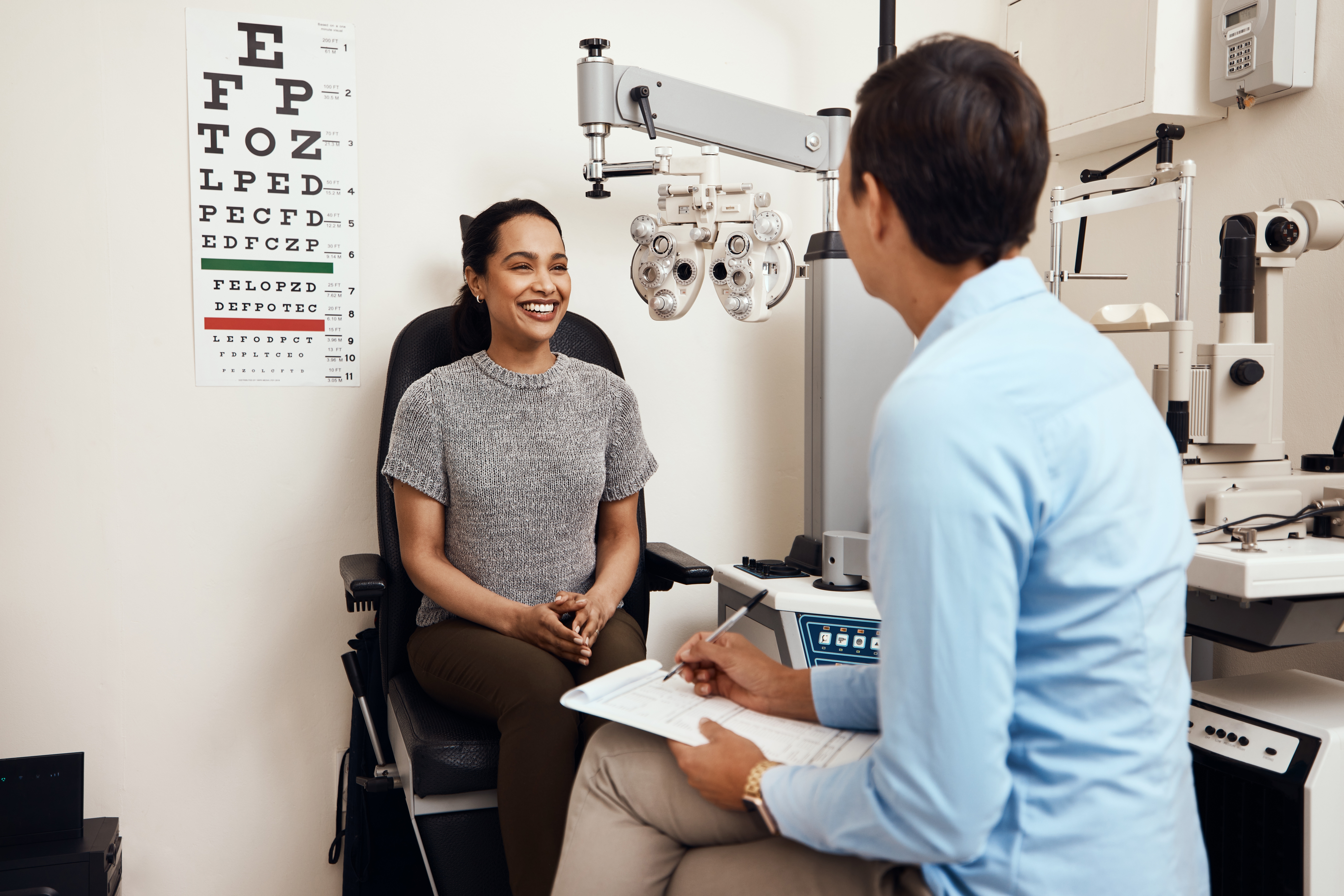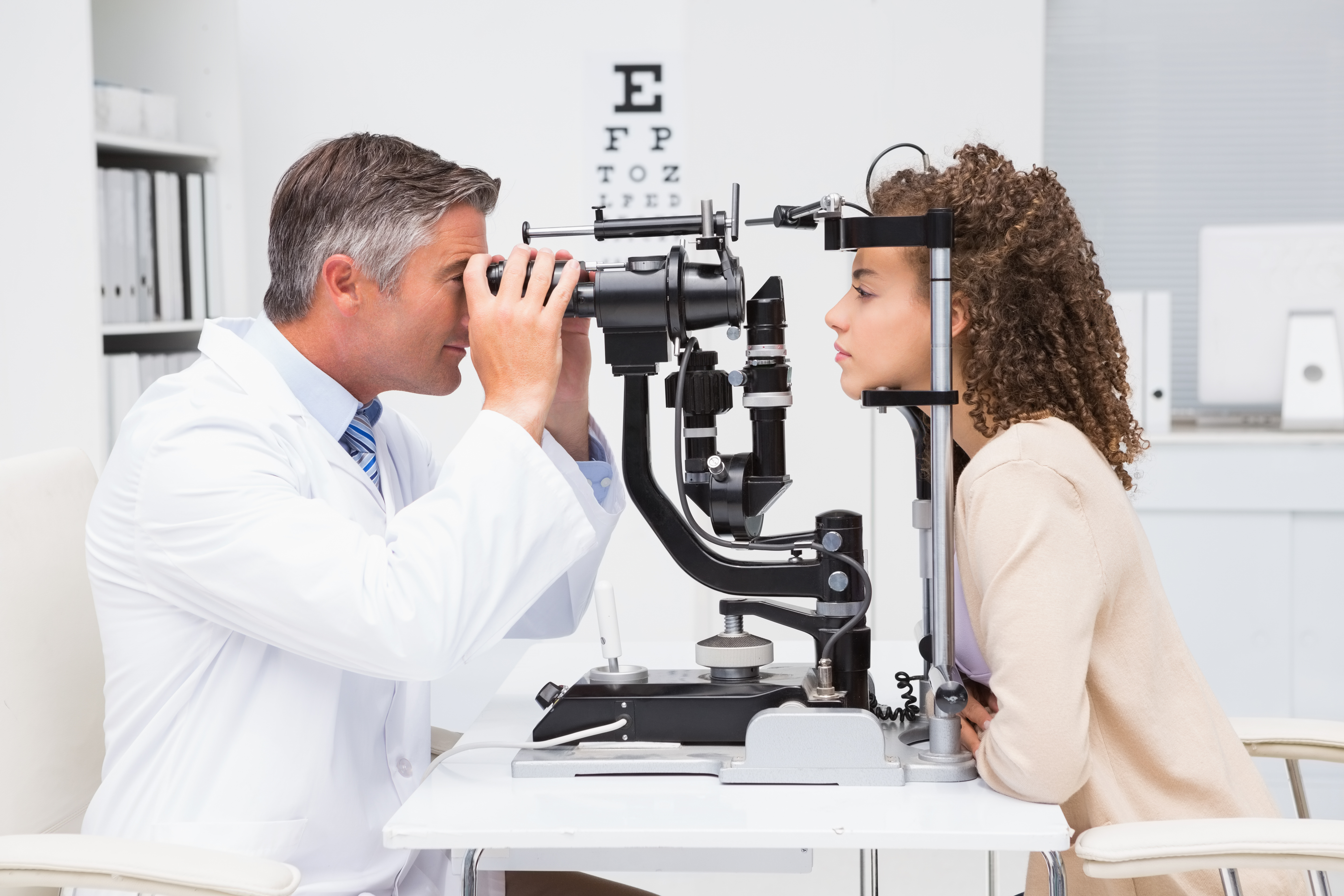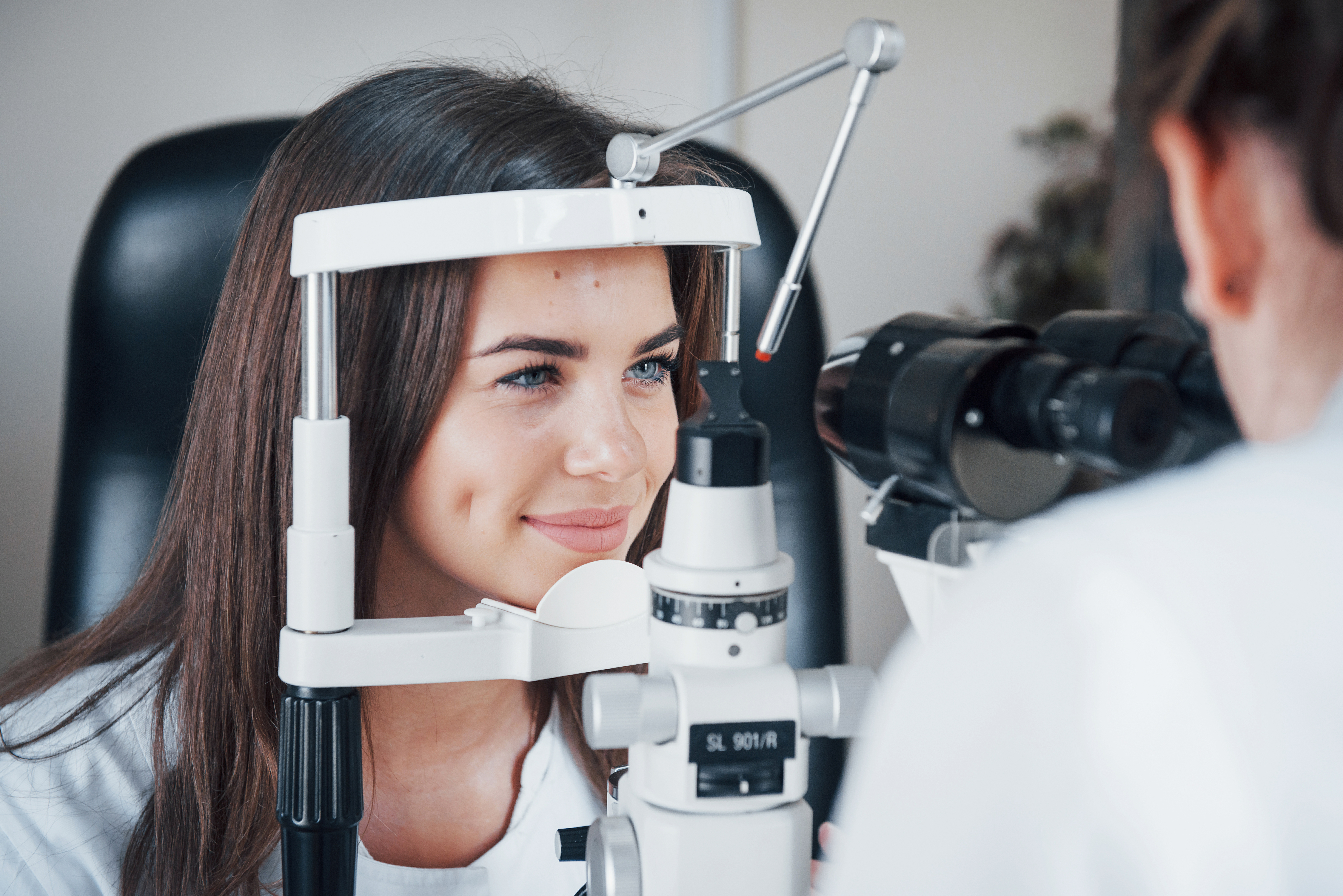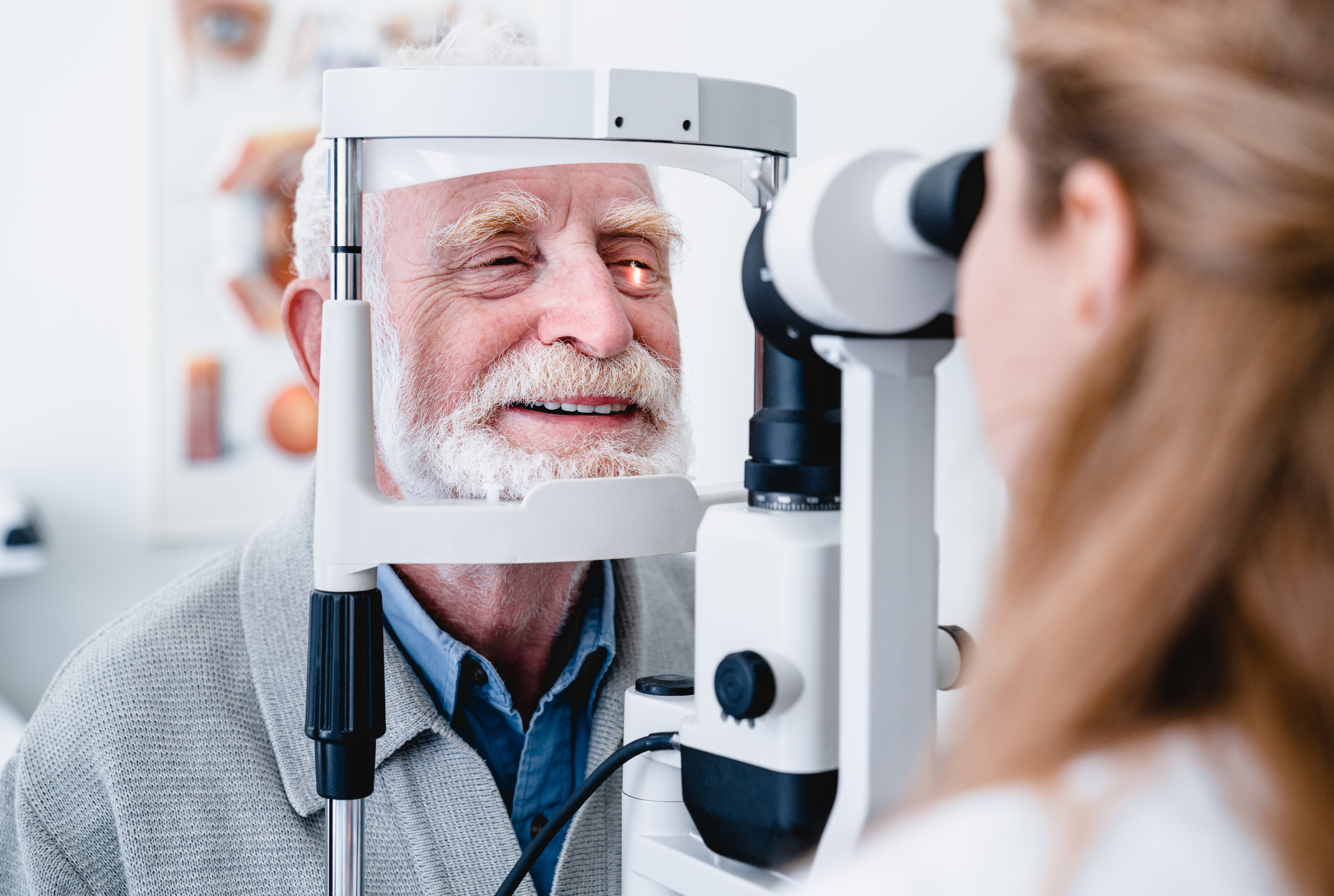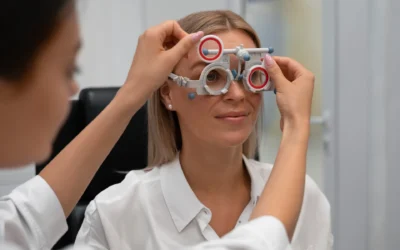Table of Contents
Key takeaways:
- The summer months can be slow for brokers with few employers shopping for new benefits.
- Keep your audience engaged by sharing eye health tips, such as limiting UV exposure and protecting eyes from swimming pools and blue light.
- The summer slowdown is also an opportunity to update your portfolio with VCD plans.
Brokers, how do you stay busy during the slow summer months?
Keeping employers engaged during this time of the year can be challenging. Still, you can turn it into an opportunity to share information and educate your prospects and customers on important topics.
One of these topics is healthy vision, specifically how to create an environment that supports eye health. By addressing this topic, you’re helping employers make better decisions and reminding them why access to professional vision care matters.
UV Protection Is Critical
Whether employees take some well-deserved time off or brave the hot weather to head to the office, the summer sun increases UV exposure because it’s higher in the sky.
UV rays penetrate the eye more easily than visible light and can change the structure of different eye cells. This can lead to photokeratitis (sunburn of the cornea) or contribute to more serious vision health issues like cataracts or age-related macular degeneration.
Encourage employers to remind their employees to wear sunglasses and highlight the pros of offering vision plans with savings on prescription sunglasses. You can also share tips for improving UV protection in the workplace, such as:
- Changing schedules so employees aren’t working outdoors during peak UV exposure hours.
- Investing in new window treatments to block the sun’s rays in the afternoon.
- Offering an outdoor space with plenty of shade for breaks.
- Adopting a flexible dress code so employees can wear UV-protective clothing.
Digital Eye Strain in the Summer and Screen Time
Many employees take advantage of flexible work arrangements in the summer, which means they work remotely and spend more time in front of screens.
Here’s how you can draw attention to this issue:
- Educate your audience about blue light and how it affects the eyes.
- Share simple exercises to prevent digital eye strain, like the 20-20-20 rule.
- Talk about the benefits of using PTO to do a digital detox.
- If you have any products in your portfolio that offer savings on blue light-filtering eyewear, now is a good time to present these options.
Hydration and Eye Health
Employers may not realize it, but blasting the AC to cool off their workplace can cause dry eye symptoms. Combined with the ambient heat, dry eye symptoms can quickly worsen and become uncomfortable for employees.
Draw attention to common dry eye symptoms like discomfort, redness, and blurred vision to emphasize the benefits of vision plans that make treatments like eye drops more accessible.
Employees who wear contact lenses are more susceptible to dry eyes. They can benefit from improved vision care benefits and savings on soft lenses, silicone hydrogel products, and scleral lenses.
Swimming and Eye Safety
Swimming is a great topic if you need more ideas for summertime eye health PSAs. As employees take time off or enjoy the local pool on weekends, exposure to chlorine (or poorly-maintained pool water) can take a toll on eye health.
Educate your audience about the importance of protective eyewear for water activities and take this opportunity to discuss the wide range of eye health conditions that can result from swimming, from dry eyes to eye infections.
It’s an interesting topic to address with your audience because it shows that everyone is susceptible to vision problems, not just employees who wear glasses. Talking about eye protection while swimming is also a great segue into workplace eye safety and discussing protective eyewear.
Preventive Eye Exams and Access to Professional Vision Care
If you want more summer eye health tips to share with your audience, you should discuss eye exams.
Here are a few talking points to focus on:
- The American Optometric Association recommends regular eye exams, at least once every two years for healthy adults, and annually for those at risk of developing vision problems.
- Comprehensive eye exams are for everyone, not just those with a history of vision problems.
- Eye exams detect more than vision issues. During routine exams, optometrists can identify as many as 18 different health conditions, ranging from high blood pressure to some cancers.
- Early detection through regular eye care greatly reduces health-related costs for employees and employers.
- Plus, catching vision problems and eye diseases early with an exam means employees can get corrective lenses or treatment before issues affect productivity at work.
- Summer is typically less busy for optometrists, making it a great time to take advantage of flexible schedules and book an appointment. Talking about employee vision wellness and eye exams is a great opportunity to introduce plans with savings on routine exams. After discussing why regular exams matter, you can frame these plans as valuable benefits for everyone, not just those with glasses.
Better Vision Benefits With VCD
Keep your audience engaged with valuable vision health tips, and don’t forget to make the information relevant and seasonal to connect it to issues employers are encountering at the moment.
Besides, you can frame updating vision benefits now as a way of anticipating the fall months, which might be busier for employers.
The summer slowdown is also a good time to update your portfolio with new products. If you’re not offering VCD plans yet, it might be time to consider doing so.
VCD offers pre-paid vision plans with pre-tax contributions and transparent savings at one of the largest networks of optometrists in Oklahoma. This benefit facilitates access to professional vision care and is easy to use.
Plus, brokers get a 10% commission on all plans. Find out more about joining the VCD family here.
FAQ
How does sunlight affect the eyes?
Exposure to UV light can damage the cornea and cause long-term damage to the eye structure, increasing your risk of developing cataracts or age-related macular degeneration.
What are some common signs of dry eye syndrome?
Common symptoms include feeling like your eyes are gritty or itchy, red eyes, irritation, and blurred vision.
How can you protect your eyes when swimming?
It’s best to wear watertight goggles to keep chlorine away from your eyes. Make sure to remove your contact lenses before swimming, avoid rubbing your eyes when you’re in the water and rinse your eyes afterwards.
How can brokers keep customers engaged in the summer?
Few employers are actively shopping for new benefits in the summer, but you can keep your audience engaged by sharing educational content about eye health and encouraging them to review their benefits packages before the fall.







